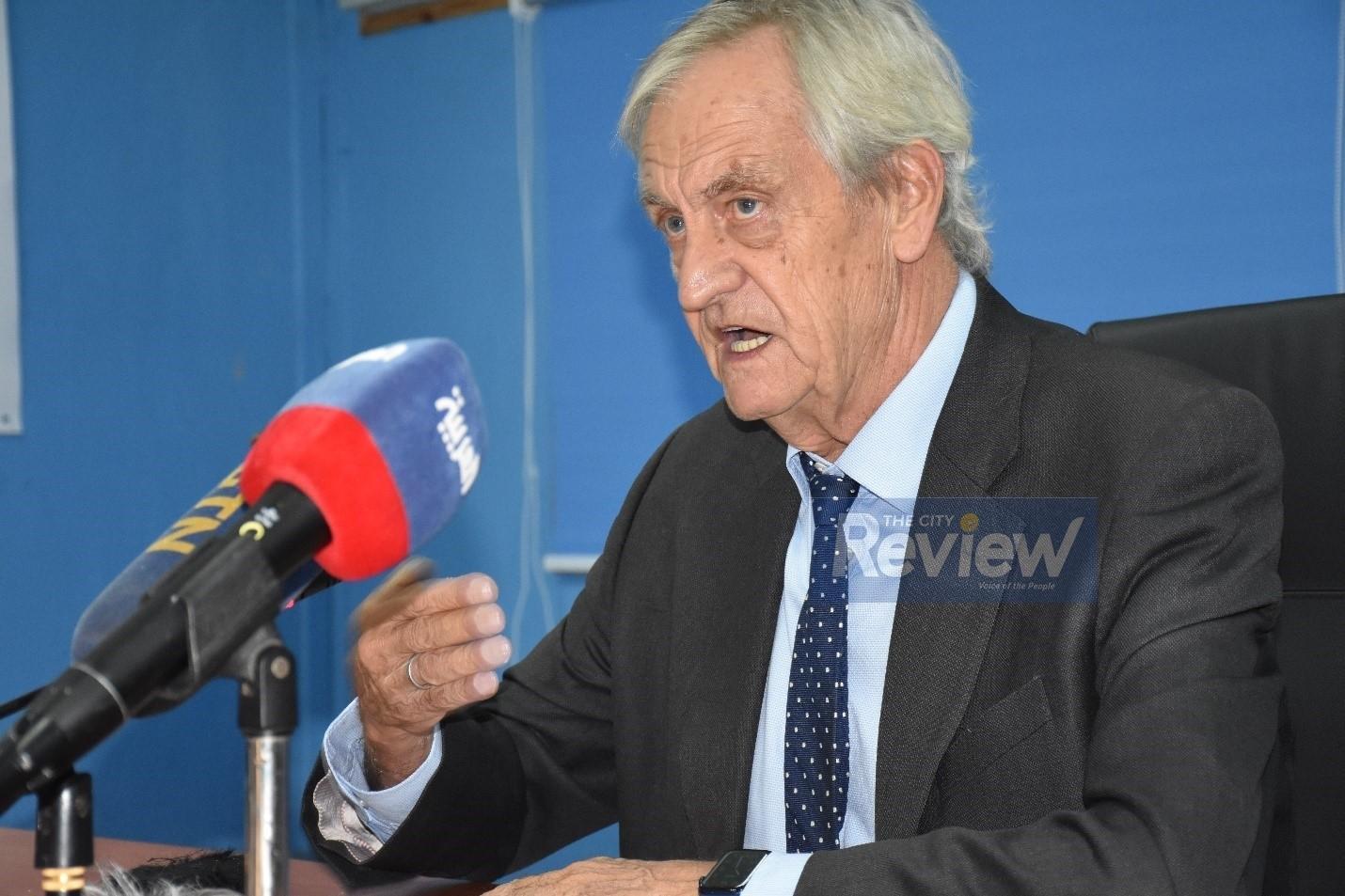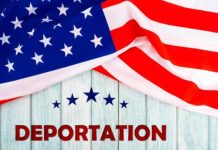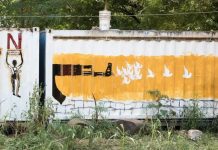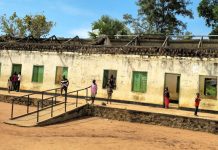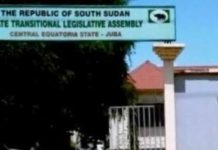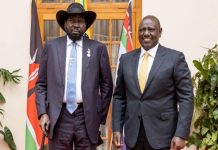Matia Samuel
Africa-Press – South-Sudan. The United Nations Mission in South Sudan has urged the country to apply all the requisite preconditions to conducting a free, fair, and credible election next year.
According to the Special Representative of the United Nations Secretary-General and Head of the United Nations Mission in South Sudan (UNMISS), Nicholas Haysom, elections can only be held on schedule if adequate political will and commensurate resources are applied to achieving the benchmarks in the roadmap.
The renewed mandate of the UNMISS by the UN Security Council stipulates that elections should be viewed as a phased approach and that the UNMISS should focus in the near term on key conditions. These include the prevention of a further escalation of political violence, the creation of conditions for an inclusive, constitutional drafting and review process, and the prerequisite of inclusive civil space to conduct free and fair elections.
Mr Haysom is expected to brief the UN Security Council on whether the country meets the necessary conditions for a credible, inclusive, and transparent election.
Addressing the media in Juba yesterday, Haysom averred that holding the election alone is not sufficient; the credibility, transparency, and inclusivity of the process are what bring legitimacy.
“The candid observation of most analysts, observers, and stakeholders as it stands today [is that] South Sudan is not yet ready for the elections, but elections can be held on schedule if adequate political will and commensurate resources are applied to achieving the benchmarks in the roadmap,” he said. He said all that have to be squeezed in17 months remaining on the roadmap timeline before the elections in December 2024.
“I repeat that 2023 is a make-or-break’ year, such that key decisions and actions must be made now to pave the way for the holding of peaceful, inclusive, and credible elections next year.”
According to the head of UNMISS, elections are not merely a one-day event, but a process that involves deliberate and thoughtful actions before, during, and after elections.
“The process must have the full confidence of the South Sudanese people to make it a nation-building activity, not a divisive or violent one.”
He added that this includes political parties that are able to register and campaign freely, a civil society that will serve as extended arms for civic education and act as observers and watchdogs of the process.
“It includes a media that can report on the process and give space to the variety of voices and opinions for voters to make informed decisions,” Haysom stated.
He noted that the process begins with laying the right foundation for the legal framework of elections through multi-party deliberation in parliament
“This means critical decisions about the type and format of elections, how many elections will be held, voter registration, the inclusion of refugees and IDPs, as well as the establishment of relevant bodies and legal structures that can address elections-related disputes, must be taken now.”
However, Haysom stressed the need for the reconstitution of three essential bodies that include, the National Constitutional Review Commission, the National Elections Commission, and the Political Parties Council which must be prioritized by the parties to the agreement.
“These foundational tasks also encompass the drafting of a new constitution, where the parties must reach consensus on the constitutional provisions and have realistic expectations on what can be done in the remaining time and within existing resource constraints,” he emphasised.
Much needs to be done
He revealed that creating a conducive political and civic environment is required for all political parties, civil society groups, the media, and all South Sudanese, citing that holding elections is not sufficient but that the credibility, transparency, and inclusivity of the process are what bring legitimacy.
“All must have confidence in guarantees that they can exercise their liberties without fear, including freely expressing their views, presenting different opinions, and engaging in debate on the political and constitutional choices facing the nation,” he pointed
Earlier last month, South Sudan’s main armed opposition, the Sudan People’s Liberation Movement-in-Opposition led by First Vice President Dr. Riek Machar, decried the lack of political space to enable them to fully prepare for the elections.
The deputy chairperson of the SPLM-IO, Oyet Nathaniel, stressed in an interview with The City Review that political parties must have equal privileges of operations to sell their agenda to the voters. He argued that this has yet to be achieved.
“To be honest, the SPLM-IO is not afraid of elections, but lacks political space for our activities to succeed.’’
‘‘It is the biggest challenge we need to fight for because we do not want an election that is not free, fair, and a sham to take place in South Sudan,” he said.
While SPLM-IO and other opposition parties have resorted to low-key grassroot recruitment of party members, SPLM, the ruling party, has been taking regions by storm, organizing political rallies to endorse President Salva Kiir.
But on the flip side, President Kiir has on several occasions issued firm statements that the country will never look back on the quest to have the elections. He appealed to the peace partners to work together and actualize the pre-poll tasks so that the phase of transition can be put to rest.
For More News And Analysis About South-Sudan Follow Africa-Press

